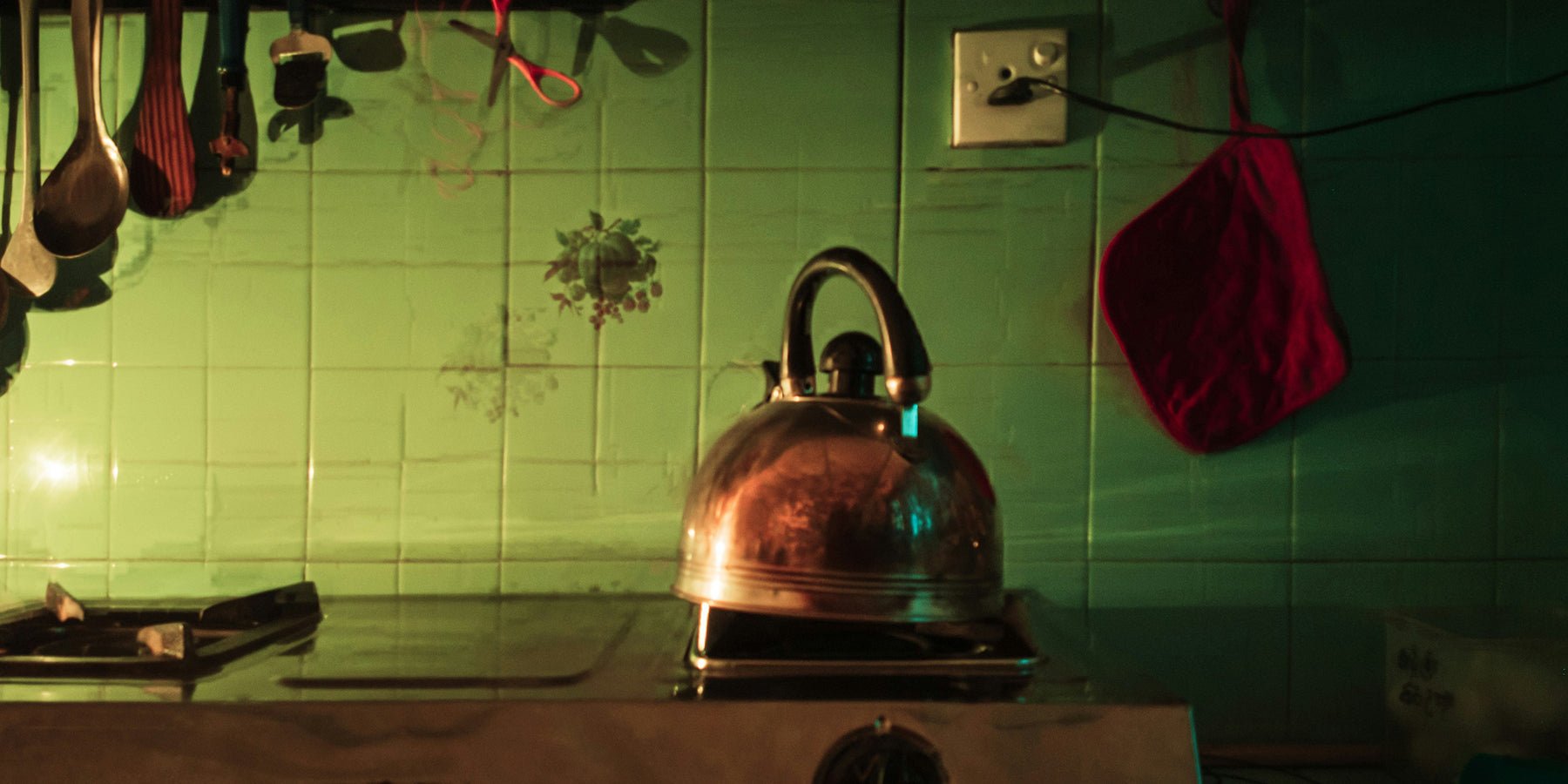Energy contracts might not be the most exciting topic on a weekday, but don't underestimate their impact. After all, they determine your monthly payment for something you need every day: electricity and gas. In times when energy prices can fluctuate dramatically, it's not a bad idea to take a moment to consider your current contract. Are you still in the right place? Or is it time for a change?
Many Dutch people unknowingly stick with the same supplier for years, unaware they can save significantly. But smart people look further. And that doesn't have to be complicated.
Why comparing energy pays off
The energy market is constantly evolving. New providers, changing prices, temporary promotions—the landscape can change faster than you realize. What was a great deal last year might be the most expensive offer on the market this year.
That's why it pays to check every now and then: am I still getting a good deal with my current contract? Am I paying a fixed or variable rate? How long does my contract run? And above all: are there alternatives that better suit my situation?
For some people, saving has become a necessity. For others, it's a way to live more consciously and spend their money wisely. Either way, a well-chosen energy contract gives you convenience and financial peace of mind.
Using an energy comparator
Fortunately, you don't have to call every supplier yourself or scour their websites. These days, there's a smart tool for everything, and that applies here too. An energy comparison tool helps you quickly gain insight into the best offer based on your consumption, postcode, and preferences.
Within minutes, you'll see which contracts are available, their cost, whether they're green or gray, and whether they include a welcome bonus, for example. You can filter by fixed or variable rates, contract duration, and sustainability.
An energy comparison tool takes the hard work out of it. All you have to do is choose.

Fixed or variable rates?
When comparing energy contracts, you always come back to that one question: should I choose fixed or variable? Both options have advantages and disadvantages.
With a fixed rate, you know where you stand. You pay the same amount per kWh or cubic meter for the entire term, regardless of market trends. That gives you peace of mind. A variable rate, on the other hand, moves with the market: you can benefit from drops, but also run a risk when prices rise.
The best fit for you depends on your personal situation and your risk tolerance. A good comparison tool will help you make that choice clear.
Review every year
A common mistake is to sign a new contract—and then never look at it again. But energy contracts aren't a one-time, get-it-done-right thing. The market changes. Your energy consumption changes. Your living situation changes. Taking a moment to review your contract every year can easily save you tens of euros a month.
Comparing isn't mandatory. But it's the smartest habit you can develop when it comes to fixed costs.
Conclusion: arranging energy = arranging money
You don't have to be an expert to make better choices. By consciously reviewing your energy contracts and regularly using an energy comparison tool, you'll gain control over your energy bill. And with a bit of luck, you'll have more time for what really matters: freedom, comfort, and control over your own life.
Image: Unsplash












Interesting? Share with someone:
Why a personal touch in a gift says so much more
5 tips for combining wall and floor tiles in your bathroom